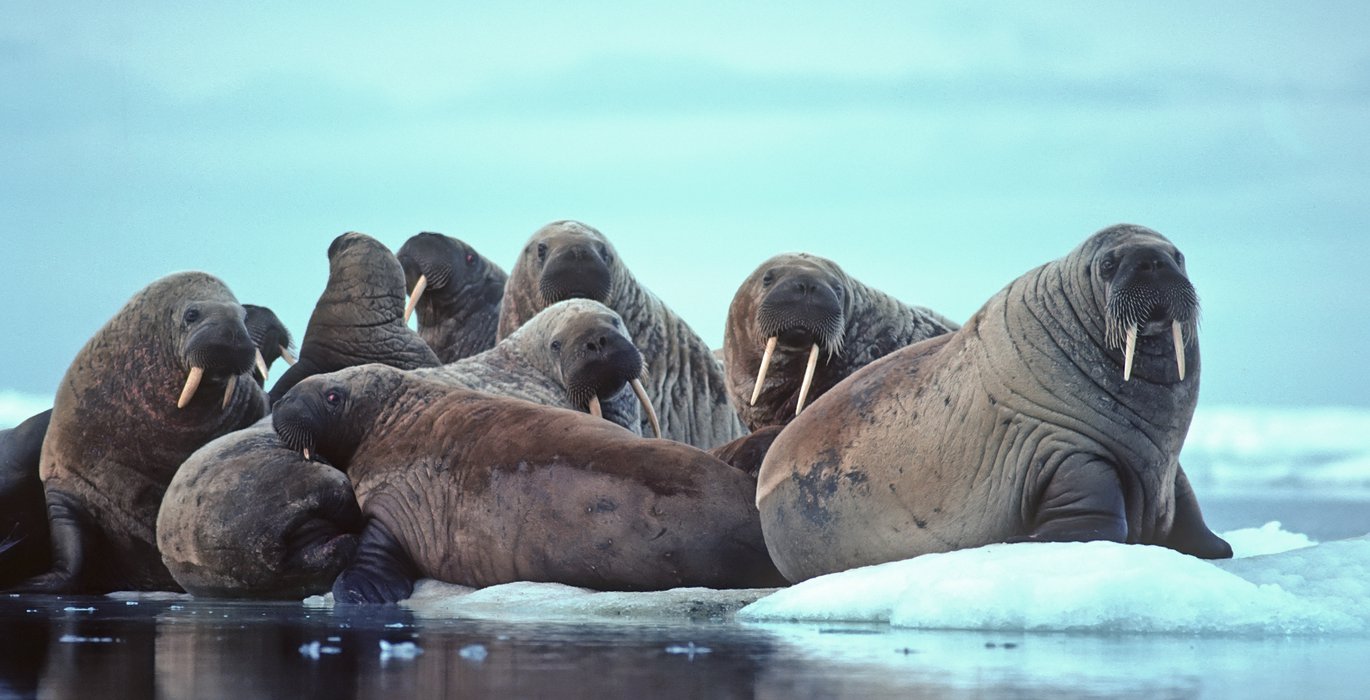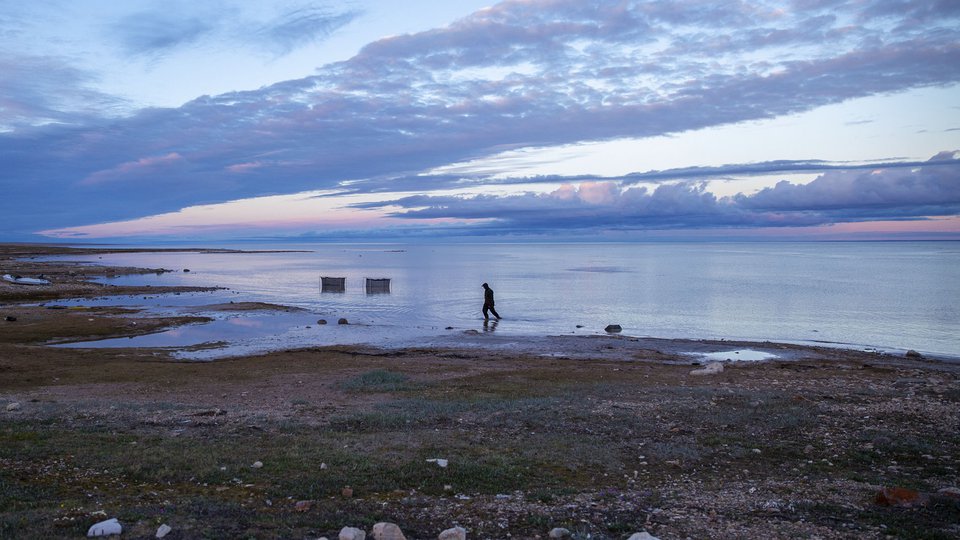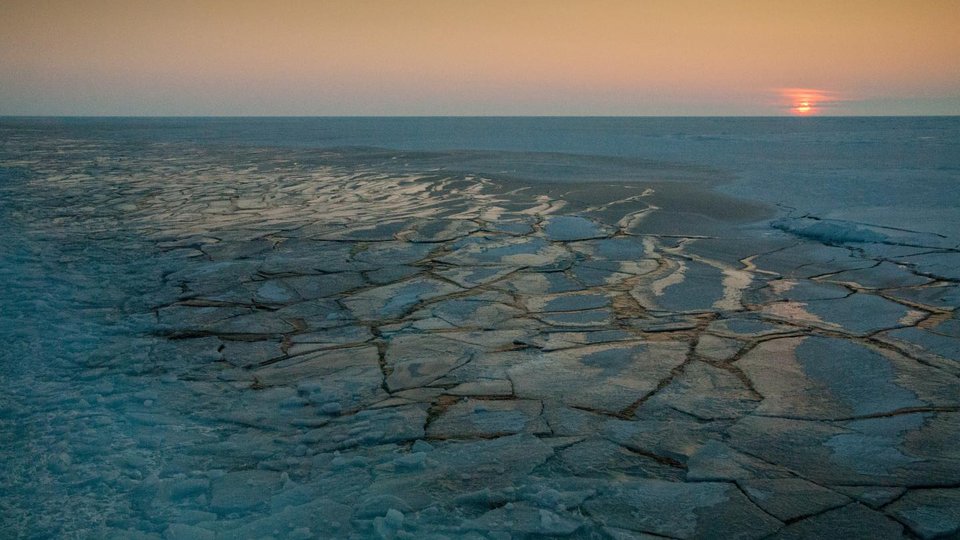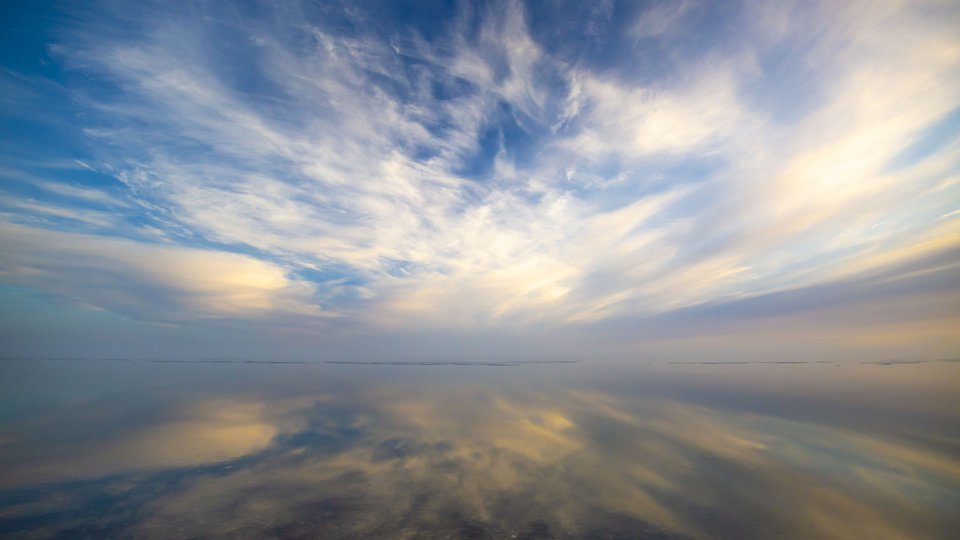
Eddy Carmack, a Senior Research Scientist Emeritus for the Department of Fisheries and Oceans, has worked as a science advisor with the Arctic Research Foundation for 11 years. He recently wrote an article for the WWF Arctic Program about the possibility of mass extinction in our northern oceans.
Bad news on the doorstep I couldn’t take one more step.
Don McLean, from “American Pie,” 1971
What is this “bad news on the doorstep” stuff? Isolated, the lyrics from Don McLean’s timeless song lamenting the death of American musician Buddy Holly have a different meaning today.
The “bad news on the doorstep” now revolves around the existential risk of climate change. And the Arctic—a harbinger of what may befall the rest of the world—is sending the loudest message of all.
It’s common knowledge that sea ice loss is the leading signal of global warming, and that iconic Arctic animals, such as polar bears and walruses, are acutely stressed. Most researchers recognize that changes in the Arctic are severely affecting mid-latitude weather. But are we fully aware of another impending signal of global change? We are talking about progressive extinction in our oceans, whereby one by one—like the lights of a city going out—individual taxa die off in a process called extirpation that creeps across the planet like an environmental Grim Reaper.
Arctic air temperatures are rising at twice the global rate. So if the bad news climate models foretell potential 6°C to 8°C degree increases in air temperatures by the end of our century, should we expect the Arctic to warm by 12°C to 16°C? Will sea water temperatures reflect this change? This is a scary thought. But one thing to appreciate is the fact that by warming more quickly, the Arctic marine system is offering us a glimpse of the future. By daring to look, might we discover a means of coping with the greatest threat ever faced by our species?
You can read the rest of the article here.





